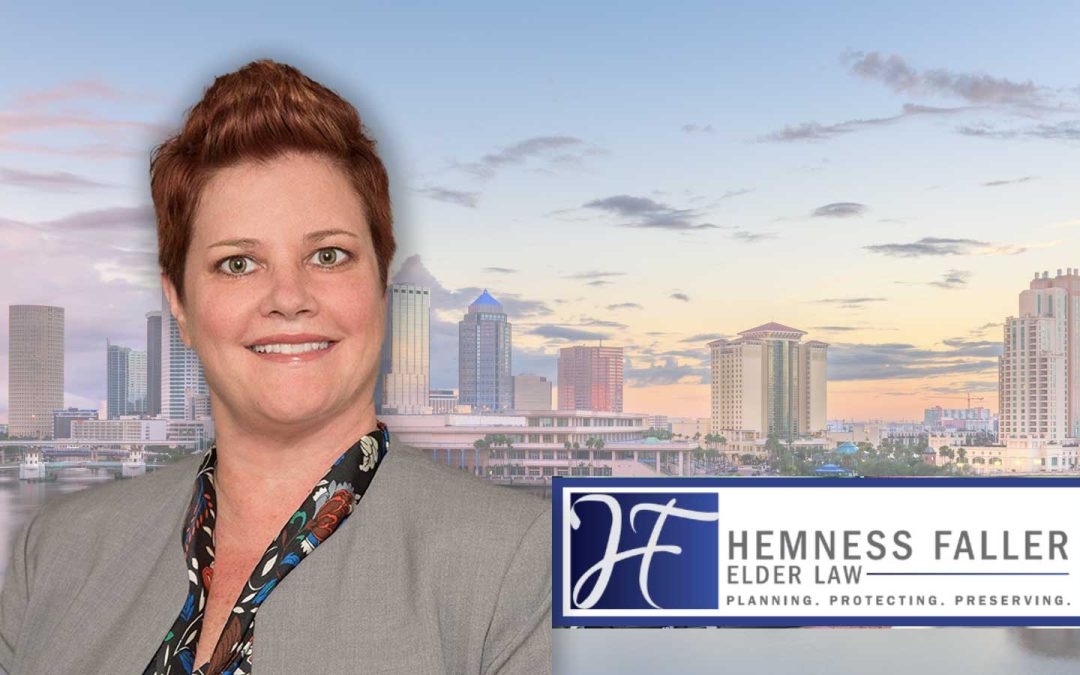When it comes to estate planning, many of us know the basics. We may know the definition of a last will and testament and a trust agreement, but understanding what happens after your death and the complexity of the probate process can be more challenging. What happens, for example, if you pass away without a will or any legal protections for your assets? To help you better understand this court-supervised process, we want to share with you some information about probate in Florida.
Probate is the court process of transferring wealth to your loved ones or intended beneficiaries through your last will and testament at death. According to the Florida Probate Code, if you pass away without a will, this is called dying “intestate”. If you die intestate, Florida law requires your estate to go through the probate process. Probate can be a long and expensive process, during which a judge will determine who will receive your assets.
If you die intestate, Florida law states that a surviving spouse will be the sole beneficiary of all assets if you do not have any children. This is based on the “equally near is equally dear” principle, those who are closest to you should receive the most and be well taken care of after your death. Intestate share for surviving spouse with descendants in common is 100%.
It is important to know that even if you have a will at the time of your death, your estate may still be subject to the probate process. If your intended beneficiary dies before you and you do not update your estate plan to reflect this change, your estate will likely go through probate. Similarly, if you name a beneficiary who is incapacitated or a minor, a probate court will likely have to establish a guardianship for the beneficiary. Unfortunately, it is possible that one or more of your family members may contest your will. If this happens, your estate will be tied up until the matter is resolved by a court.
While grieving the death of a loved one, the probate process can be especially overwhelming to navigate. It is important to lean on an experienced probate attorney for support during this difficult time. We know this article may raise more questions than it answers for you. If you have specific questions about the probate process in Florida, do not wait to contact us. Let us answer your questions about your unique estate planning needs.






